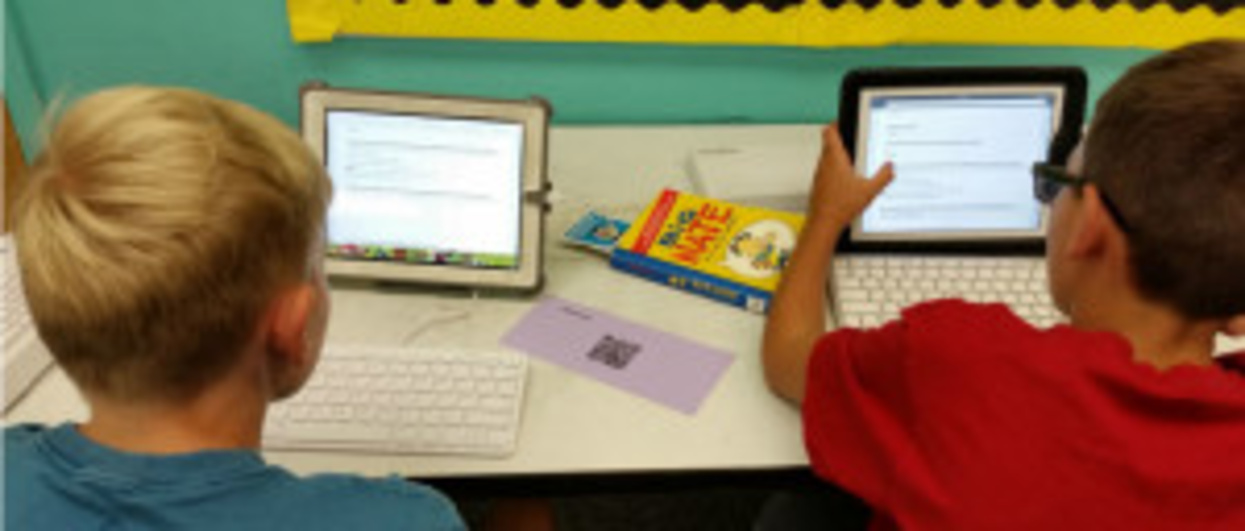Jenni Higgs the 2016 Lyman Fellow

Jenni Higgs has been selected as this year's Lyman Fellow. Below is her Lyman-funded project:
Jenni Higgs’ dissertation project provides the first scholarly examination of digital talk—or what she refers to as the interactive written communication that occurs in networked online spaces—as a learning resource in and across urban, suburban, rural, private, and public K-12 classrooms nationwide. A well-established body of research shows that discussion practices in classroom settings can support student learning. With the increasing popularity of information and communication technologies (ICTs) in K-12 spaces, classroom discussion has expanded into digital settings, but the relation between learning and digital talk is less clear. On one hand, digitally mediated communication in classrooms fosters critical thinking, collaboration, and new spaces for productive dialogue. Yet, teachers struggle to use ICTs in ways that support student interaction and learning.
Drawing on sociocultural learning theories and social science perspectives on information technology, Jenni’s study uses mixed methods to examine classroom uses of Subtext, a popular e-reader that supports discussion “inside” e-texts, as a case to reveal issues related to digital talk. It aims to shed light on (a) discourse features of classroom digital talk, (b) the social and cultural contexts that mediate it, (c) online and offline practices that influence it, and (d) relationships between types of digital talk and types of learning. The study integrates multiple levels of analysis, including computational text analysis, survey data, and design-based research. Data include digital discussion archives from approximately 5,700 Subtext-using K-12 classrooms, surveys of 458 teacher-users, and systematically collected records from design experiments with two teachers who worked with Jenni to design and implement instructional practices aimed at encouraging authentic student talk across face-to-face and digital learning contexts. The approaches represented by the different stages of the study contribute data that, combined, will enable Jenni to understand broad trends in digital talk form and function across U.S. classrooms as well as “on the ground” student and teacher practices that can inform uses of digital talk in support of consequential learning. The Lyman Fellowship will support analysis of Subtext national data archives and teacher-user survey data.
